
Exercise has long been considered a "free medicine" to help slow down the aging process (Photo: Getty).
Although modern medicine helps people live longer, the paradox of "aging faster" is present with age-related diseases such as cardiovascular disease, diabetes, and neurodegeneration becoming increasingly younger.
In that context, exercise is still considered a "free medicine" against aging. Recently, a groundbreaking study from China has revealed the biological mechanism behind this miraculous effect.
Exercise and the “mystery” of longevity from a biological perspective
The research, conducted by scientists at the Institute of Zoology and the Beijing Institute of Genomics (under the Chinese Academy of Sciences), analyzed biological responses in humans and animal models.
The key discovery was that the compound betaine, which is naturally produced in the kidneys during long-term exercise, plays a central role in inhibiting chronic inflammation and cellular aging.
Research shows that betaine acts as a "molecular messenger", directly inhibiting the enzyme TBK1 - a key protein that triggers chronic inflammation, which increases with age. When betaine binds to TBK1, it prevents this enzyme from activating inflammatory factors such as TNF-α, IL-6, IFN-β.
This significantly reduces inflammatory cytokine production, protects internal organs from chronic damage, thereby prolonging cell lifespan and improving overall physiological function.
Remarkably, scientists have also found that supplementing betaine from outside can reproduce almost all the biological benefits of long-term exercise. Experiments on mice show that betaine significantly improves muscle endurance, kidney function, memory and mood – factors that often decline with age.
Potential application: “Exercise medicine”
Betaine not only inhibits TBK1, but also affects many other important biological pathways. This compound activates AMPK – an enzyme that regulates cellular energy, while inhibiting NLRP3 – a factor that causes chronic inflammation associated with many age-related diseases.
Betaine also contributes to the stabilization of intracellular ions, enhances the expression of antioxidant genes, and protects DNA from damage. All of these effects maintain molecular stability, slowing down the natural aging process.
Decoding the mechanism of betaine opens up the prospect of developing “exercise-mimicking drugs”. This could be a new medical solution, helping people live longer, healthier lives without being completely dependent on traditional exercise regimens.
Source: https://dantri.com.vn/khoa-hoc/van-dong-lam-cham-qua-trinh-lao-hoa-nhu-the-nao-20250701083819923.htm







![[Photo] Cat Ba - Green island paradise](/_next/image?url=https%3A%2F%2Fvphoto.vietnam.vn%2Fthumb%2F1200x675%2Fvietnam%2Fresource%2FIMAGE%2F2025%2F12%2F04%2F1764821844074_ndo_br_1-dcbthienduongxanh638-jpg.webp&w=3840&q=75)
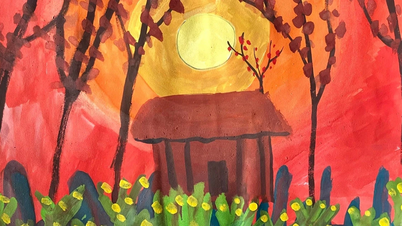


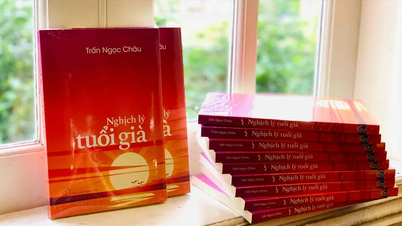








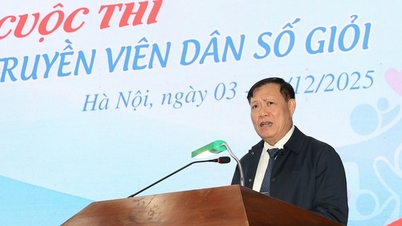
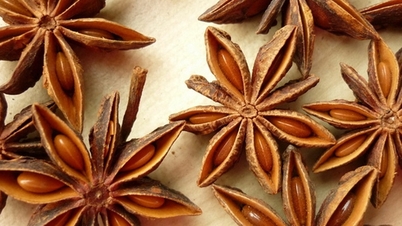


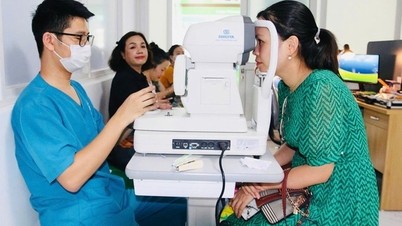







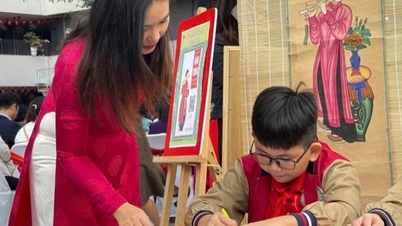









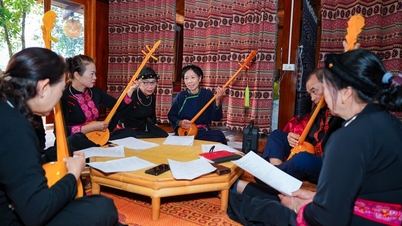



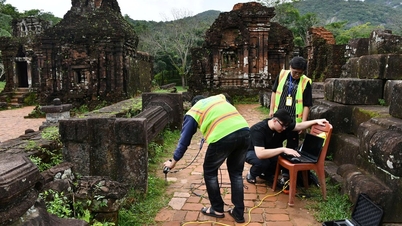





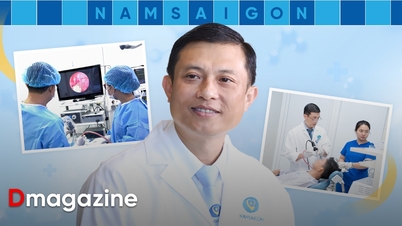
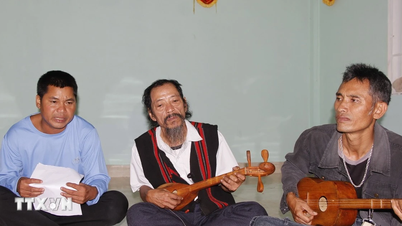




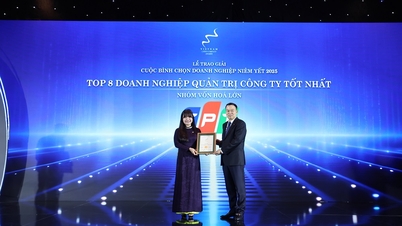



![[VIMC 40 days of lightning speed] Da Nang Port: Unity - Lightning speed - Breakthrough to the finish line](https://vphoto.vietnam.vn/thumb/402x226/vietnam/resource/IMAGE/2025/12/04/1764833540882_cdn_4-12-25.jpeg)
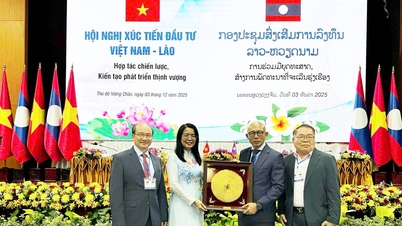














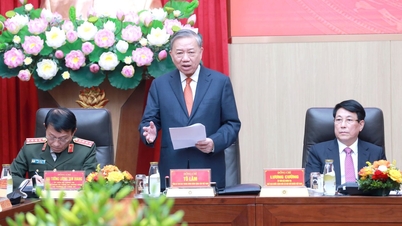

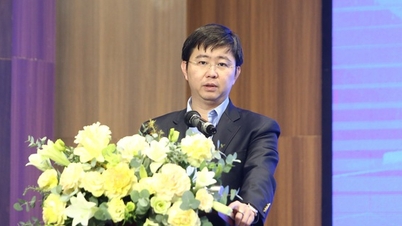















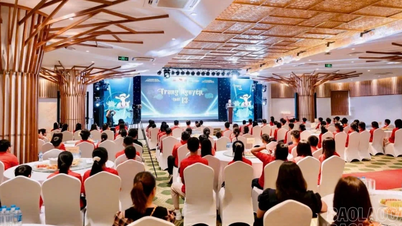
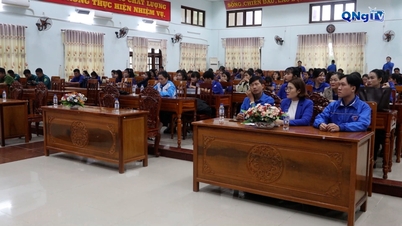










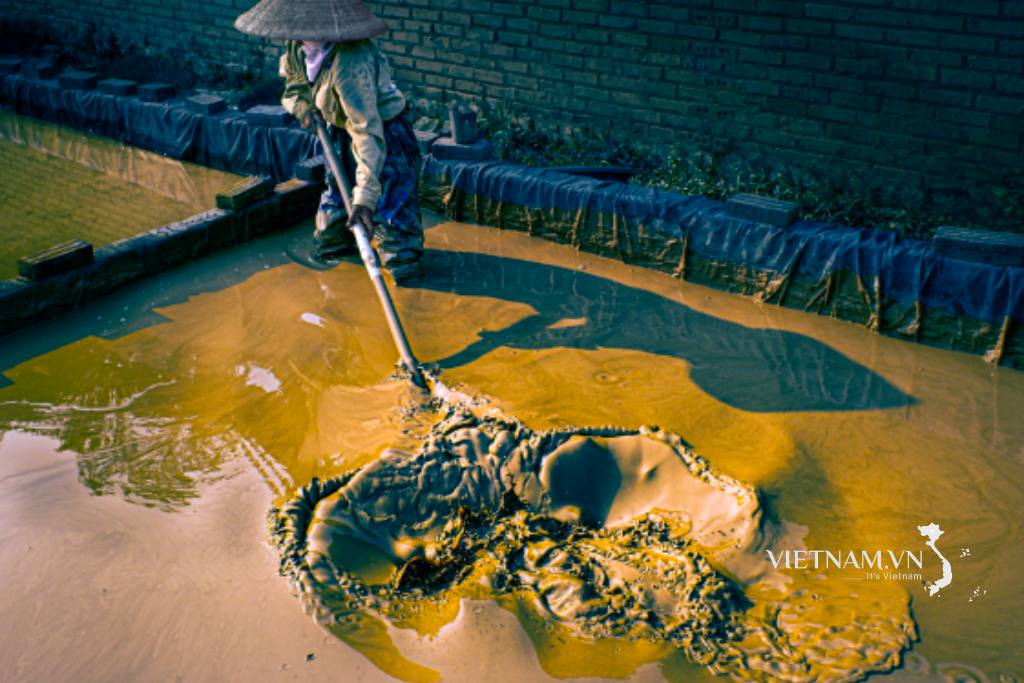


Comment (0)